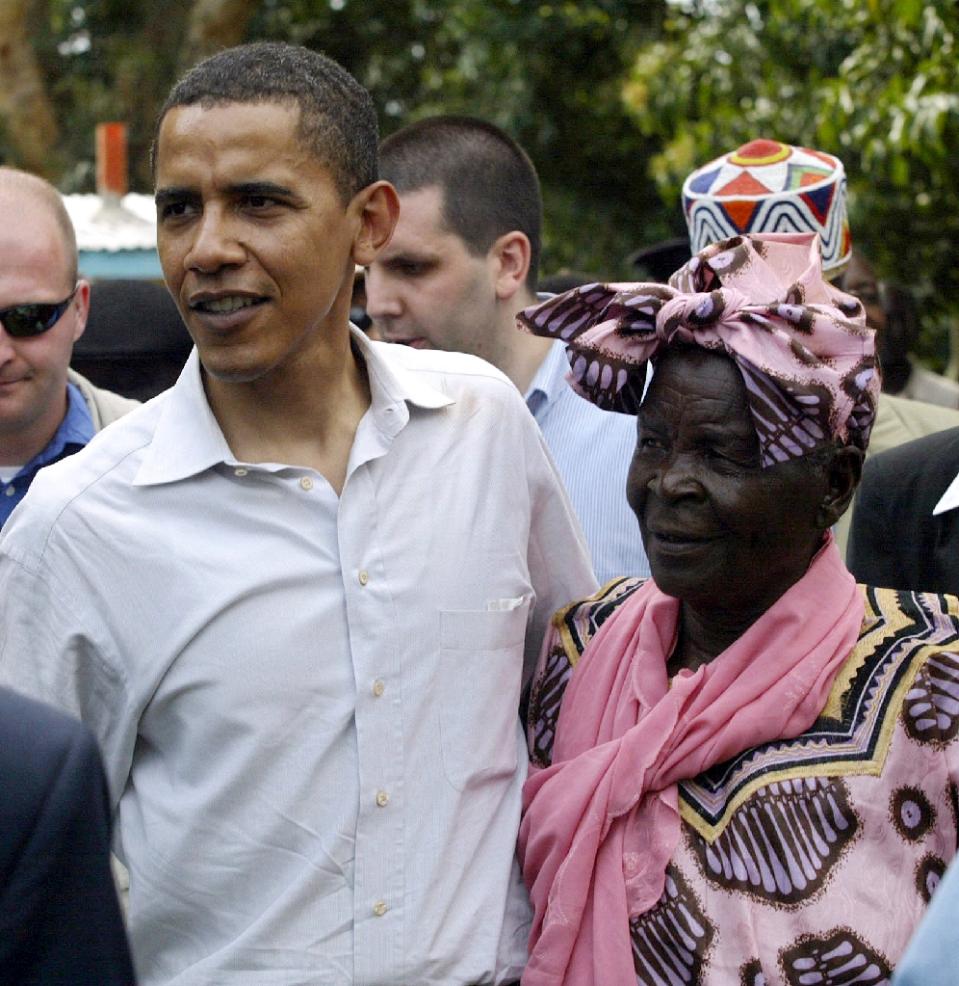Obama’s Visit to Kenya Spotlights Regional Security

U.S. President Barack Obama visits Kenya this week, his first trip to his father’s homeland as a sitting president.
While the 2015 Global Entrepreneurship Summit being co-hosted by the U.S. and Kenya is the headline both governments want from the visit, much attention will be paid to security.
Kenya has suffered a string of devastating attacks at the hands of the Somalia-based terrorist group al-Shabab, including the April assault on Garissa University in the northeast of the country that left 148 people dead.
The al-Qaida linked militants say the attacks are revenge for Kenya’s military operations against the group in Somalia.
Underscoring the issue, the State Department issued a travel alert warning of a heightened threat of violence during the summit.
“We have been working in very close collaboration with American agencies during our fight on terror,” he said. “And I am certain that that is an agenda we shall further strengthen during this particular meeting.”
Kenya is one of six countries partnered with the United States in a $65-million “Security Governance Initiative” announced last year to improve security and justice sectors in Africa.
And in a more practical way, security has been boosted on the streets of Nairobi in anticipation of the visit. Kenyan police officers have been redeployed from across the country while the U.S. is also putting in place its own team of security agents.
The Nairobi city government has also installed CCTV cameras across the city, but as a VOA investigation revealed the cameras, in the past, have not worked as well as advertised.
Human rights concerns
Rights groups have also expressed concerns about Kenya’s approach to combatting terrorism.
In an open letter to President Obama, Kenyan and international rights groups including Human Rights Watch and the Kenya Human Rights Commission, urged the American president to address “critical human rights issues” in his discussions with Kenyan leaders.
The letter noted several concerns in Kenya including threats to civil society and the media, abuses committed by security forces in their anti-terror operations and mistreatment of refugees.
Kenya has put asset freezes on organizations and individuals it suspects of supporting terrorism.
A major police operation searching for illegal immigrants and terror suspects targeted the Eastleigh neighborhood of Nairobi, which has a sizable Somali population.
“Eastleigh has had its fair share of terrorism, but also its fair share of crackdowns,” said Mohamed Ahmed, a businessman in the neighborhood. “A monetary crackdown for example but also a people crackdown.”
He said he hopes President Obama will bring some advice to Kenya on how to better tackle the problem of terrorism.
“We hope that as a world leader he will ask Kenyan security forces for example to respect law and order and also value human rights,” he said.
Spirit of entrepreneurship
Trade and investment are still high on the agenda. Mr. Obama is expected to address the Global Entrepreneurship Summit, a U.S. backed initiative that brings together young business leaders from around the world.
This is the first time a country in Sub-Saharan Africa has hosted the summit, which is in its sixth year. President Kenyatta said there will be 1,400 delegates attending the event, one-fifth from Kenya.
“I strongly believe in its choice of Kenya,” he said, “the GES acknowledges the progress and potential of our nation and its leadership on the continent.”
After his visit to Kenya, President Obama will travel on to Ethiopia, where he is expected to hold meetings with Ethiopian officials as well as the leadership of the African Union, which has its headquarters in the capital Addis Ababa. He’ll be the first sitting U.S. president to do so.
VOA